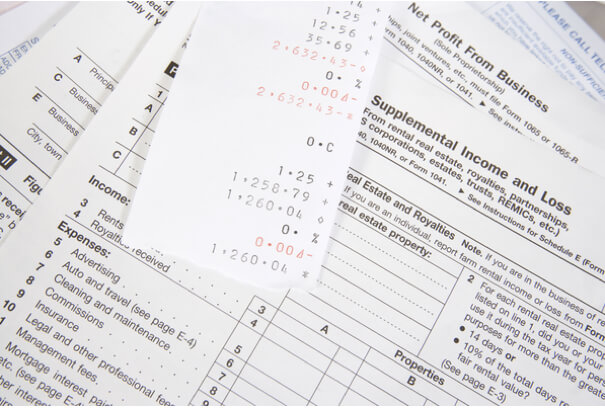
Yesterday Treasury Secretary Steven Mnuchin announced that they were extending the deadline for U.S. taxpayers to pay their taxes by 90 days, until July 15, 2020. This led to a great deal of confusion about the tax filing deadline. Do you have until July 15th to file your taxes? Or do you still have to file them by April 15th, but not pay them until July 15th? And what about state taxes? UPDATE: On March 20, 2020, the Federal administration stated that you do not have to file until July 15th. Read more about that here.
So here is the clarification: you have until July 15th to pay any taxes that you might owe, but you still have to file your tax return by April 15th, or you have to file an extension by April 15th, if you are going to go that route.
To further clarify, this new rule, which is being instituted under the broader authority provided by the U.S. having officially declared a national state of emergency over the Covid-19 Coronavirus, applies only to the first million dollars that you owe (and ten million for corporations). In other words, to the vast majority of Americans.
But, again, you must file your tax return, either way, by April 15th. “All you have to do is file your taxes,” said Mnuchin.
In full, Mnuchin said “If you owe a payment to the IRS, you can defer up to one million dollars as an individual, and the reason why we are doing $1 million is because that covers lots of pass-throughs and small businesses, and $10 million to corporations, interest-free and penalty-free for 90 days. All you have to do is file your taxes, you’ll automatically not get charged interest and penalties.”
The Internet Patrol is completely free, and reader-supported. Your tips via CashApp, Venmo, or Paypal are appreciated! Receipts will come from ISIPP.
That last – that you will automatically not get charged interest and penalties, is the big deal. Almost anybody can file an extension on April 15th; an IRS extension is basically saying the IRS “I can’t actually file my taxes by the 4/15 deadline, and I want you to know that, so I’m filing this extension, and it is my intent to file my taxes before the extension deadline.” And typically, when one files an extension for one’s taxes, interest accrues, as may penalties.
And that interest, and those penalties, can really mount up. So, as we said, it is the 90 day interest-free grace period that is the big deal.
This should make filing your taxes a bit less onerous (or indeed scary). And to further help, the IRS offers a list of online services which offer low cost or even free online tax filing services at https://apps.irs.gov/app/freeFile/.
As for whether or not your state is going to provide similar relief, that of course differs from state to state. We have found this information at American Institute of CPAs to be the most up-to-date.
The Internet Patrol is completely free, and reader-supported. Your tips via CashApp, Venmo, or Paypal are appreciated! Receipts will come from ISIPP.









